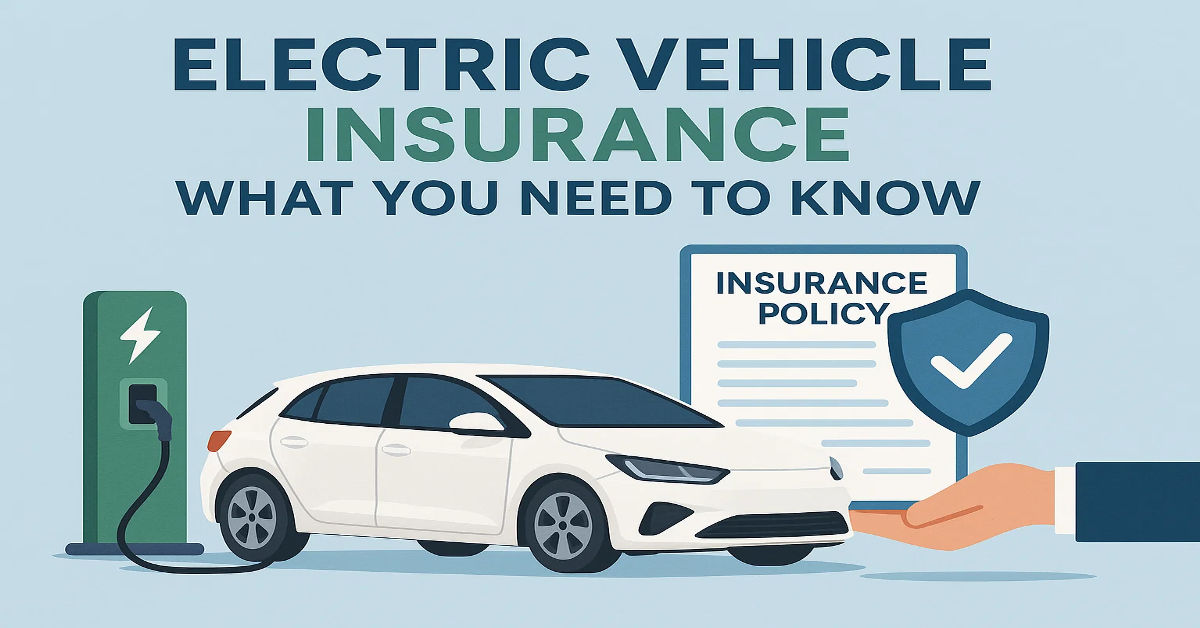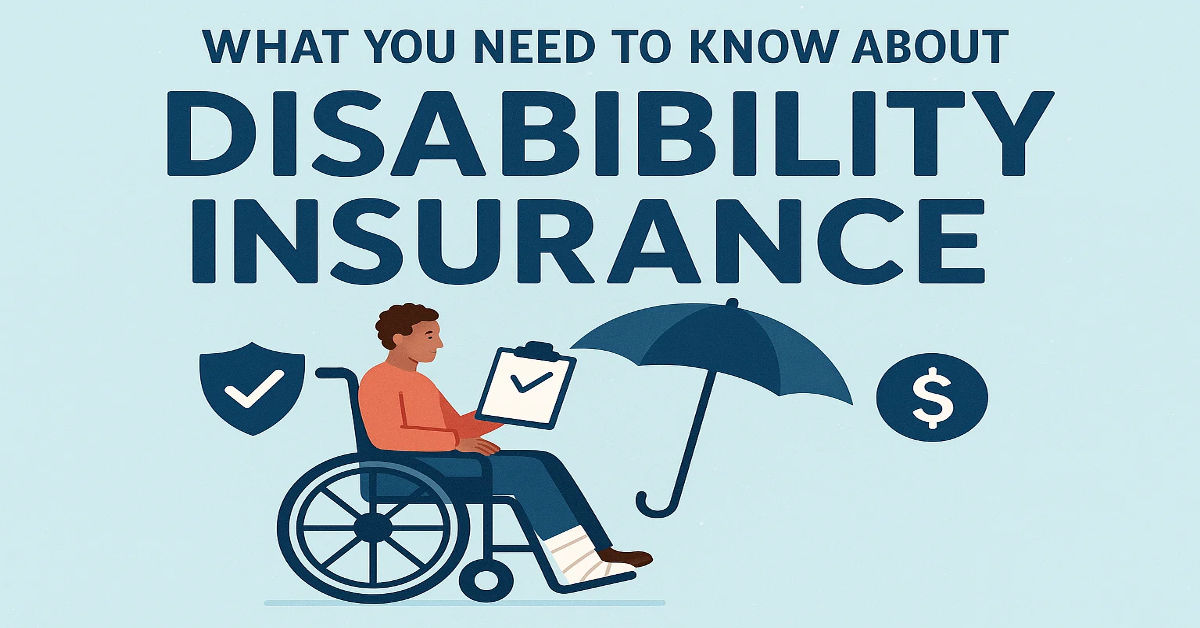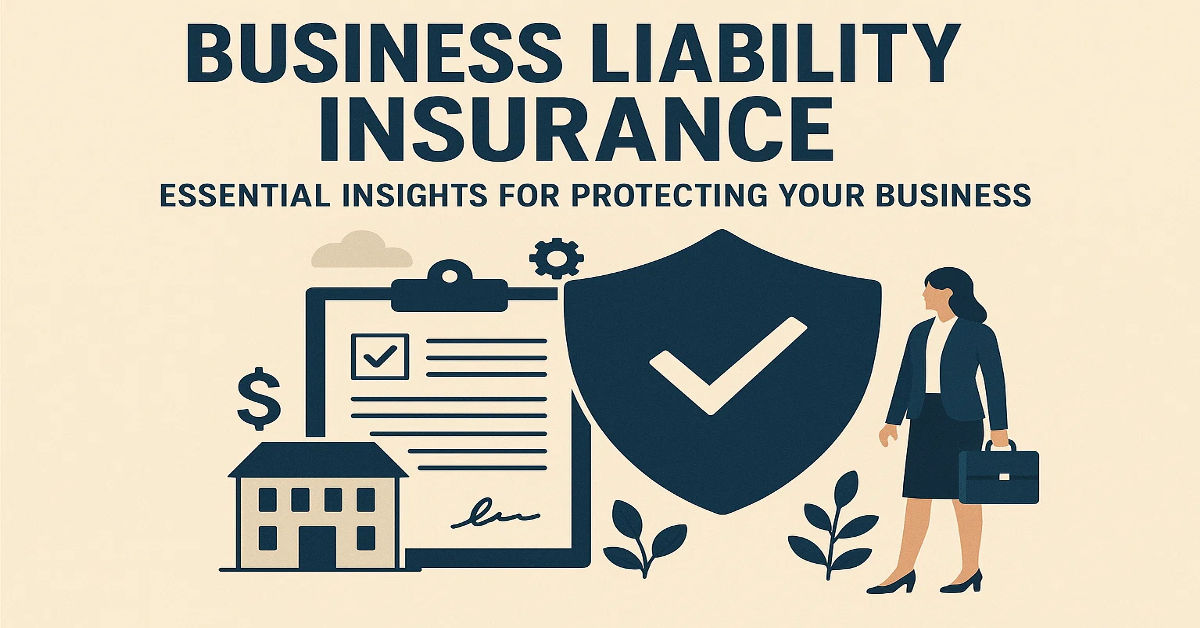
Electric vehicles (EVs) are revolutionizing the way we travel, offering a cleaner and more sustainable alternative to traditional gas-powered cars. However, one essential consideration for every EV owner or prospective buyer is securing the right electric vehicle insurance. Just like traditional cars, EVs require insurance, but there are nuances that make EV insurance different. This guide explores the ins and outs of ensuring your electric vehicle, helping you understand your options and make informed decisions.
Why Electric Vehicles Need Special Insurance
Electric vehicles come with unique features and technology that set them apart from conventional cars. They often include expensive components like lithium-ion batteries, advanced driver assistance systems, and specialized charging mechanisms. These elements can lead to higher repair or replacement costs, which influences how insurers calculate premiums. Understanding these factors can help you choose an insurance plan tailored specifically to the needs of your EV.
Factors That Impact Vehicle Insurance
Several factors come into play when calculating your EV insurance premiums. These include:
Repair and Replacement Costs
EVs are equipped with high-tech components, such as advanced batteries and regenerative braking systems. These parts can be costly to repair or replace, making insurance premiums slightly higher compared to traditional cars.
Vehicle Value
Since many EVs tend to have a higher upfront purchase cost, their insurance plans reflect the potential for higher payouts in cases of theft or total loss.
Range of Coverage
Comprehensive coverage options for Electric Vehicle Insurance include protection against risks specific to electric cars, such as damage to charging cables, home charging stations, and even battery replacement in some cases.
Understanding how these factors influence your premiums can help you plan your insurance budget effectively.
Types of Vehicle Insurance Coverage
For EV owners, several types of insurance coverage are available. Here’s a breakdown of the most common kinds:
Liability Insurance
This mandatory coverage protects against damages you might cause to other people or property while using your EV.
Collision Coverage
This covers repair costs if your electric vehicle is damaged during a collision with another vehicle or object.
Comprehensive Coverage
It provides protection against incidents other than collisions, such as theft, vandalism, natural disasters, and fire.
EV-Specific Add-Ons
Certain policies offer add-ons tailored to EV owners, such as coverage for charging equipment, roadside assistance specifically for EV breakdowns, and battery protection.
When selecting an option, make sure it addresses your EV-specific concerns, like coverage for charging infrastructure or roadside support for dead batteries.
The Role of Incentives in EV Insurance Costs
Given the global push toward sustainability, governments and insurers in many regions offer incentives to EV owners. For instance:
Tax Credits for EVs
Financial incentives might reduce the initial cost of purchasing an EV, indirectly impacting your insurance premiums by lowering the insured value of the car.
Eco-Discounts on Insurance
Some insurers provide discounts to EV owners as part of eco-friendly initiatives, so it’s worth inquiring with providers about such offers.
Awareness of incentives like these can save you money and make the transition to an EV more financially viable.
How to Get the Best Insurance Rates for Your EV
Finding affordable electric vehicle insurance doesn’t have to be complicated. Here are some tips:
Shop Around
Compare quotes from multiple insurers to find the best rates and coverage options tailored to EVs.
Consider Bundled Policies
Bundling auto insurance with other insurance types, like homeowners or renters’ insurance, can help reduce your overall costs.
Install Safety Features
Equipping your vehicle with additional safety devices, such as anti-theft systems or dash cams, may qualify you for discounts.
Maintain a Clean Driving Record
A history of safe driving often translates into lower premiums, so practice responsible driving habits.
With some research and proactive measures, you can significantly lower your insurance costs without compromising on coverage.
Common Myths About Insuring Electric Vehicles
Misconceptions about vehicle insurance can deter some people from making the switch to EVs. Here’s the truth behind some of the most common myths:
- Myth: EV Insurance Is Always Expensive
Reality: While premiums can be higher due to the cost of components, government rebates and specific discounts for EV owners often offset the difference.
- Myth: You Don’t Need Special Insurance for EVs
Reality: EVs have unique needs, and specialized add-ons can provide peace of mind in case of emergencies.
- Myth: No Coverage for Batteries
Reality: Many insurers offer policies that include battery coverage, protecting one of the most vital and expensive parts of your EV.
The Future of Electric Vehicle
As electric vehicles become more mainstream, the landscape of auto insurance will evolve. Advances in EV technology, combined with increased competition among insurers, are likely to lower premiums over time. Additionally, industry innovations such as telematics insurance pricing based on real-time driving behavior are expected to play a larger role in tailoring insurance costs for EV owners.
Final Thoughts
When it comes to ensuring your EV, it’s essential to understand the factors that influence costs and the types of coverage available. Securing the right electric vehicle insurance not only protects you financially but also ensures that your investment in sustainable transportation is fully covered. By comparing providers, taking advantage of incentives, and staying informed, you can make the most of your EV ownership experience.
FAQs
Q1. Is vehicle insurance more expensive than regular car insurance?
A1. It can be slightly more expensive due to the cost of EV components. However, discounts and incentives often offset the higher premiums.
Q2. Does EV insurance cover home charging stations?
A2. Some insurance companies offer add-ons that include coverage for damage to or theft of home charging units.
Q3. Can I get roadside assistance with an EV insurance plan?
A3. Yes, many insurers provide specialized roadside assistance for electric vehicles, including charging support.
Q4. Does insurance cover the cost of replacing an EV battery?
A4. It depends on your policy. Several providers now offer coverage options specifically for batteries.
Q5. Are there any incentives for insuring an electric vehicle?
A5. Yes, many insurers and governments provide discounts and tax credits to encourage EV ownership.




















